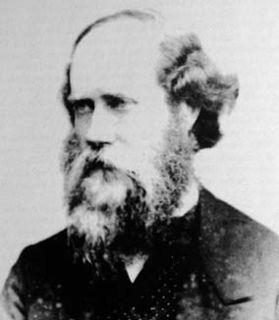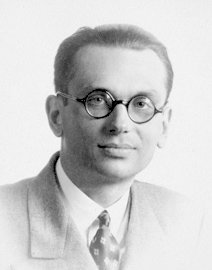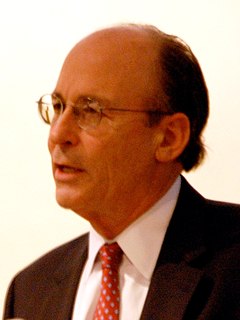A Quote by Francis Bacon
It cannot be that axioms established by argumentation should avail for the discovery of new works, since the subtlety of nature is greater many times over than the subtlety of argument. But axioms duly and orderly formed from particulars easily discover the way to new particulars, and thus render sciences active.
Related Quotes
There are and can be only two ways of searching into and discovering truth. The one flies from the senses and particulars to the most general axioms, and from these principles, the truth of which it takes for settled and immovable, proceeds to judgment and to the discovery of middle axioms. And this way is now in fashion. The other derives axioms from the senses and particulars, rising by a gradual and unbroken ascent, so that it arrives at the most general axioms last of all. This is the true way, but as yet untried.
There's so much more subtlety to this new recording. There's a subtlety in the playing. There's also a subtlety in the way I approached the singing. The band was able to really capture the feeling of the songs and not really trade anything that we had sort of arranged for the live presentation, but the songs just aren't as loud.
The development of mathematics toward greater precision has led, as is well known, to the formalization of large tracts of it, so that one can prove any theorem using nothing but a few mechanical rules... One might therefore conjecture that these axioms and rules of inference are sufficient to decide any mathematical question that can at all be formally expressed in these systems. It will be shown below that this is not the case, that on the contrary there are in the two systems mentioned relatively simple problems in the theory of integers that cannot be decided on the basis of the axioms.
Rousseau had it backwards. We are NOT born free. We are born in the chains of the random and the reflexive, and are ignorant and unreasonable by simple nature. We must learn to be free, to organize the random and detect the reflexive, to acquire the knowledge of particulars and the powers of reason. The examined life is impossible if we cannot examine, order, classify, define, distinguish, always in minute particulars.
The axioms of physics translate the laws of ethics. Thus, "the whole is greater than its part;" "reaction is equal to action;" "the smallest weight may be made to lift the greatest, the difference of weight being compensated by time;" and many the like propositions, which have an ethical as well as physical sense. These propositions have a much more extensive and universal sense when applied to human life, than when confined to technical use.
Whereas young people become accomplished in geometry and mathematics, and wise within these limits, prudent young people do not seem to be found. The reason is that prudence is concerned with particulars as well as universals, and particulars become known from experience, but a young person lacks experience, since some length of time is needed to produce it.






































